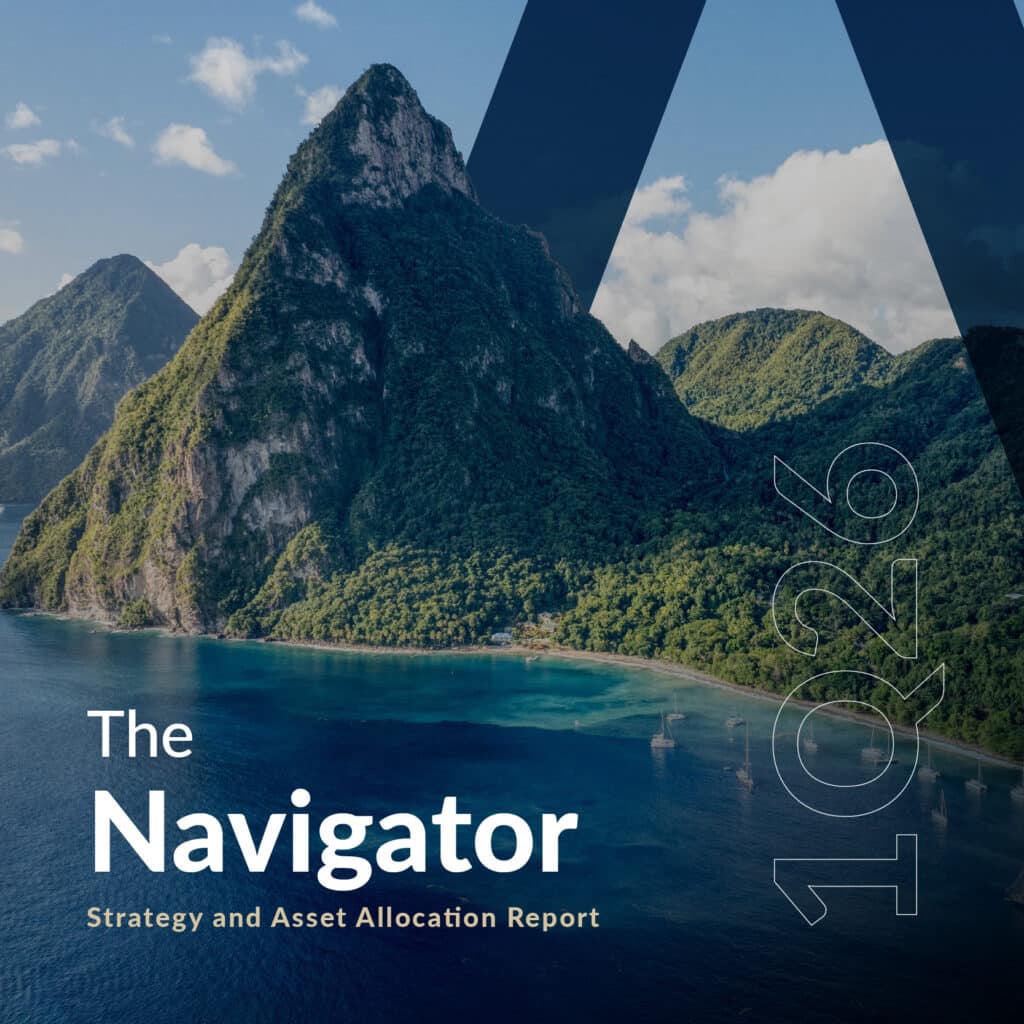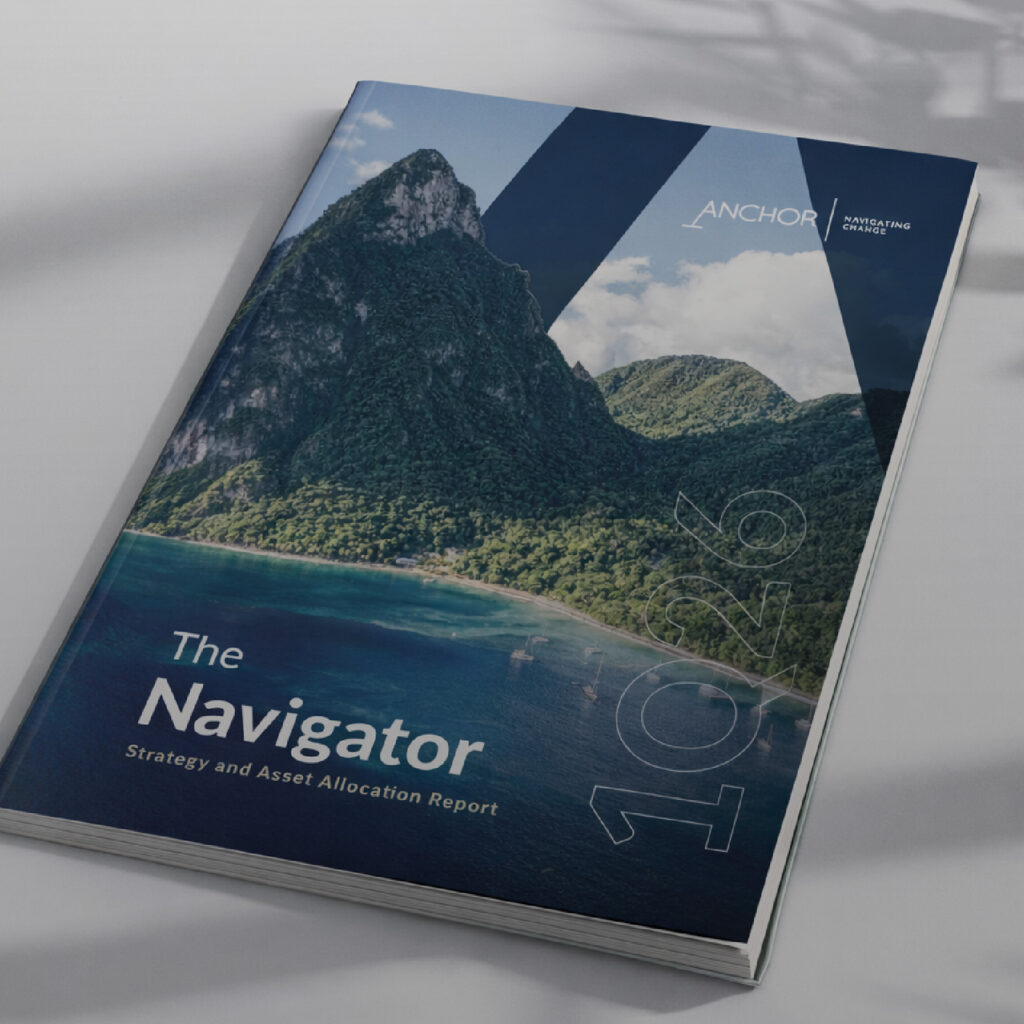Booking Holdings’ results came in above expectations with 3Q19 earnings of $45.36/share (+20% YoY) vs Refinitiv consensus expectations of $44.57/share, while revenue and EBITDA rose by 7% and 8% YoY, respectively, on a constant currency basis. Room nights grew a healthy 11% YoY, offset by weakness in average daily rates (ADR), which fell c. 3% YoY in constant currencies. The latter is due to a range of factors including changing mix (faster growth in cheaper/lower ADR countries), weakness in Hong Kong, fewer Chinese tourists in the US, and tensions between Japan and Korea.
Looking ahead to its 4Q19 guidance, Booking said foreign exchange rates are expected to negatively impact YoY growth rates for gross bookings, revenue, EBITDA and non-GAAP EPS by c. 1.5 ppts. It expects booked room nights to grow 6%-8% YoY in 4Q and gross bookings to rise by 2% to 4% on a constant currency basis. The company said its 4Q19 forecast assumes constant currency ADRs will be c. 4% lower YoY, “driven by the same factors that impacted 3Q19 ADRs.”
In our view, the real story is that Google is making life incrementally tougher for the Online Travel Agencies (OTAs). Booking’s major challenge is that Google sits at the top of the funnel – travel searches typically start on Google, not Booking.com. This puts Google at a relative advantage vs Booking.com and the other OTAs. On Thursday (7 November), Expedia and TripAdvisor fell 27% and 22%, respectively, after giving negative outlooks, largely driven by pressure from Google. Booking Holdings fell 8% in sympathy on the day, before bouncing 1.6% on Friday (8 November) after these results were released. Expedia, TripAdvisor and Booking noted how Google is limiting the reach of free search queries. This is called SEO – search engine optimisation – where you put keywords on your site (for example, “London”, “Mayfair”, “Hotel”, “5 star”, “Wi-Fi” etc.) and hope to drive traffic without bidding on these keywords. Google is pushing paid searches, as well as its own travel products, further up its rankings, thus demoting non-paid searches down the rankings. This means the cost of acquiring customers goes up, and margins and profits go down.
Part of the better-than-expected results for Booking came from reduced spend on ‘Performance marketing’ (mostly Google advertising) which was down 2% YoY and ‘Brand marketing’ (mostly TV), which fell 22.5% YoY. Management says they only want to bid for traffic if it meets their return on investment hurdles. They now face a real conundrum – either accept a higher cost of generating revenue, or potentially experience stagnating revenue.
Booking is somewhat better insulated than Expedia or TripAdvisor as it likely enjoys a higher share of direct traffic (i.e. people starting searches on Booking.com). Management’s strategy is to grow direct traffic further, by focusing on the ‘Connected Trip’ (making it easier to book hotels, ridesharing, tourist attractions etc. through one app) and by being more useful to both consumers and hotel partners. The fundamental challenge, however, is that there is no guarantee that Booking’s prices are the lowest and hence users will always have an incentive to check alternatives. More so if Google can make travel searches more useful to users, reducing the need to use other sites.
The structural headwinds facing OTAs are not going away, unless Google faces regulatory pressure to change its practices. This means that, looking ahead, these businesses are unlikely to be as good as they were in the past. On the other hand, Booking still generates an enormous amount of cash (which it uses to buy back shares) and trades on an undemanding PE multiple of 16.6x (its 5-year average is 19.8x forward earnings). Importantly, an investment in Booking shouldn’t be based on the assumption that it will re-rate to historic averages. Here, Coke might be a useful analogy; it remains a very good business, and one would expect the shares to beat cash over time, but one can’t expect it to shoot the lights out.




